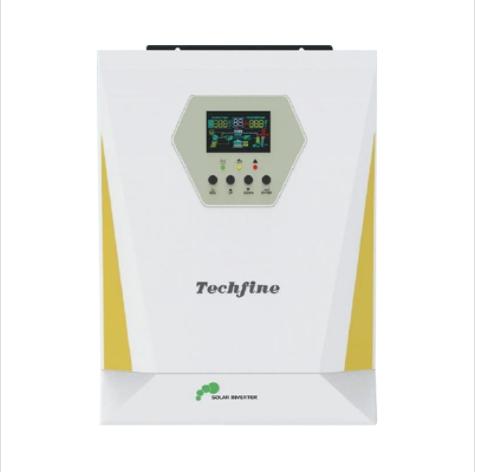Solar energy has become a popular choice for both residential and commercial applications, offering a clean and sustainable source of power. At the heart of every solar energy system is the solar inverter, a device that plays a crucial role in converting the energy generated by solar panels into usable electricity. Without an efficient solar inverter, the energy produced by solar panels would remain in a form that is not compatible with most electrical systems.
One of the key functions of a solar inverter is to convert the direct current (DC) generated by solar panels into alternating current (AC), which is the standard form of electricity used in homes and businesses. This conversion process ensures that the energy produced by solar panels can be effectively utilized to power various devices and appliances. By efficiently converting DC to AC, solar inverters help maximize the energy output of solar panels, making solar energy a viable and practical solution for meeting energy needs.
Modern solar inverters come equipped with advanced features that enhance the performance and reliability of solar energy systems. Many inverters include real-time monitoring capabilities, allowing users to track the energy production and consumption of their solar panels. This data can be accessed through web portals or mobile apps, providing valuable insights into the efficiency of the system and helping users make informed decisions about their energy usage. These monitoring features also enable users to identify any issues or inefficiencies in the system, ensuring that it operates at peak performance.
Safety is another important aspect of solar inverters. They are designed to shut down automatically in case of a fault or abnormality in the electrical system, preventing potential damage to the solar panels and other connected devices. This built-in safety mechanism ensures that the solar energy system operates safely and reliably, protecting both the equipment and the users. Additionally, solar inverters are built to withstand various environmental conditions, ensuring their durability and longevity.
Solar inverters also play a crucial role in supporting grid integration. As more people adopt solar energy, the ability to connect these systems to the electrical grid becomes increasingly important. Solar inverters ensure that the AC power produced matches the grid's specifications, allowing excess solar energy to be fed back into the grid. This not only benefits the energy producer but also helps stabilize the grid and reduce reliance on fossil fuels.
Solar inverters are essential for maximizing the efficiency and reliability of solar energy systems. They convert DC power into usable AC, provide real-time monitoring and management, offer safety features, and support grid integration. By choosing a reliable solar inverter, users can ensure that their solar energy system operates efficiently and contributes to a more sustainable energy future.
